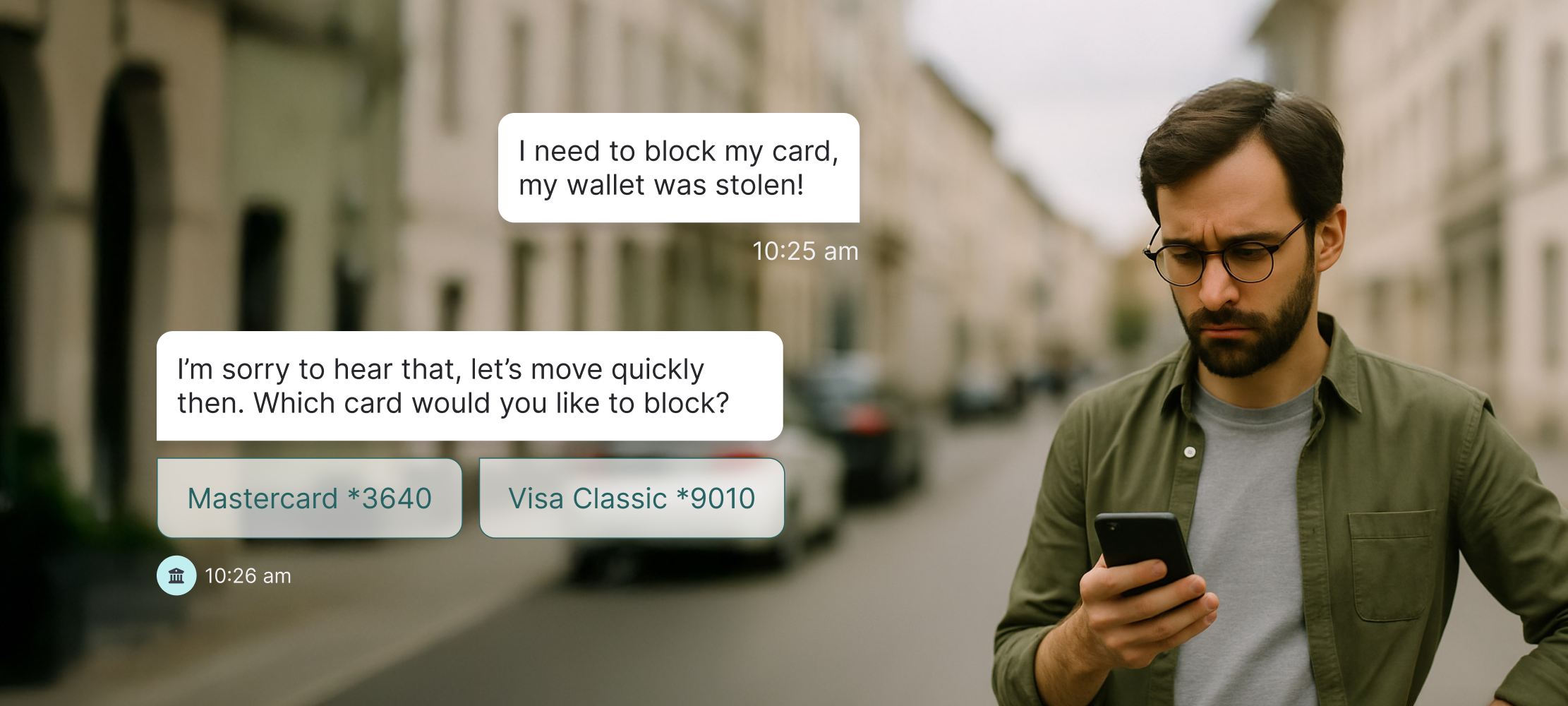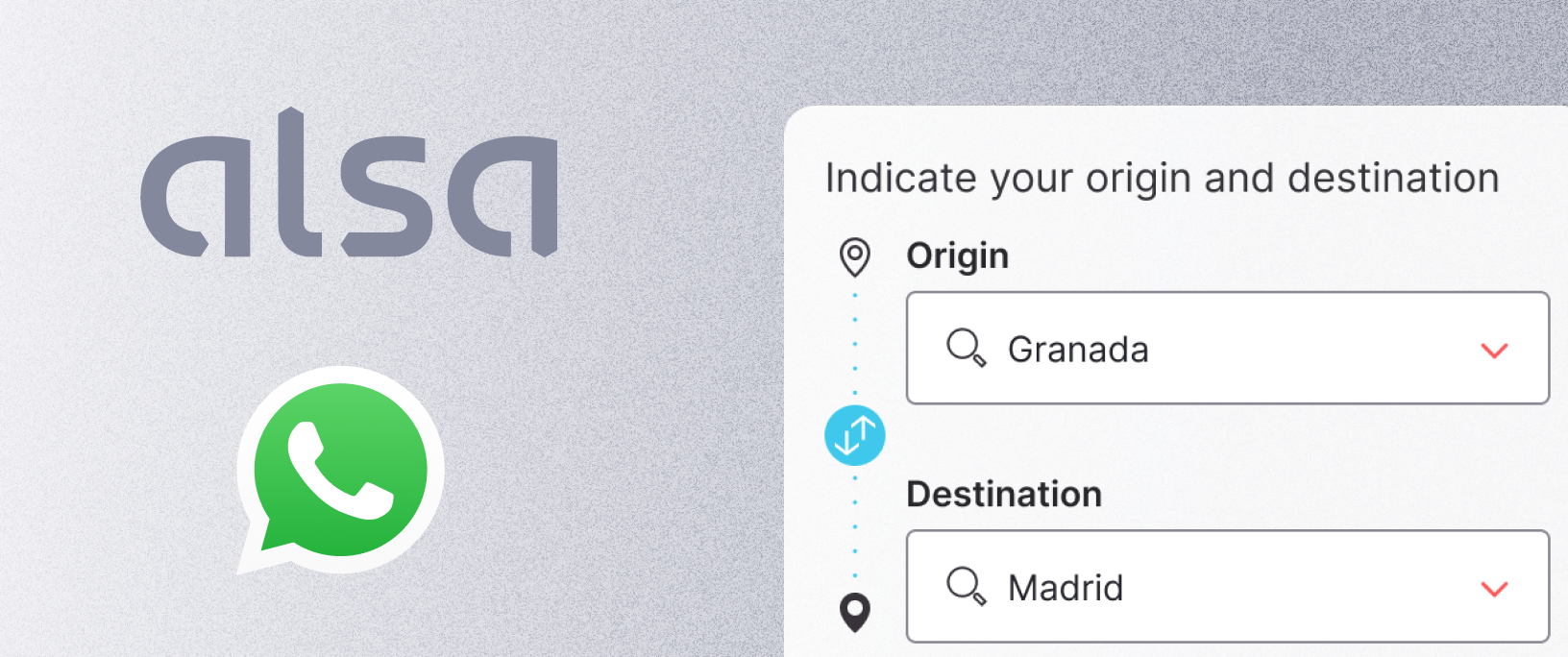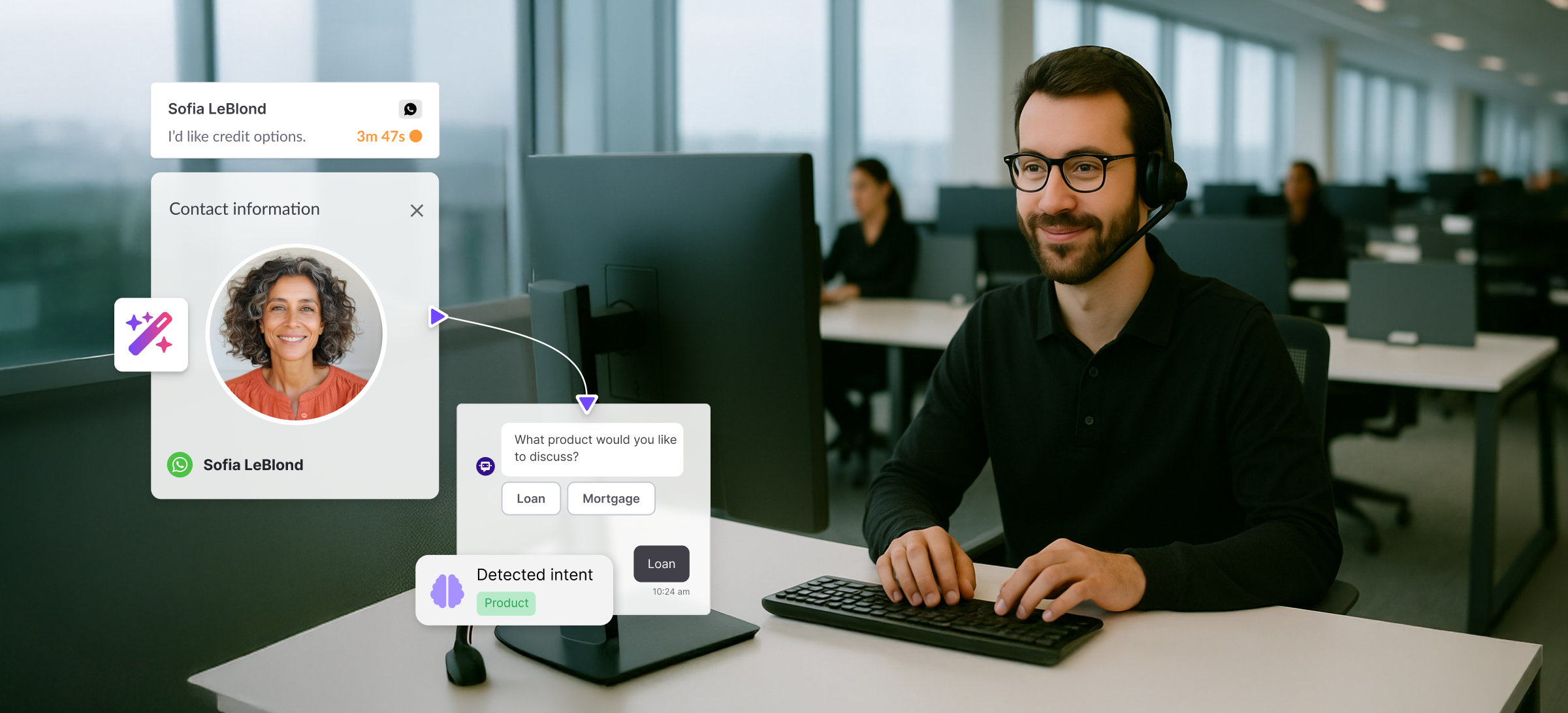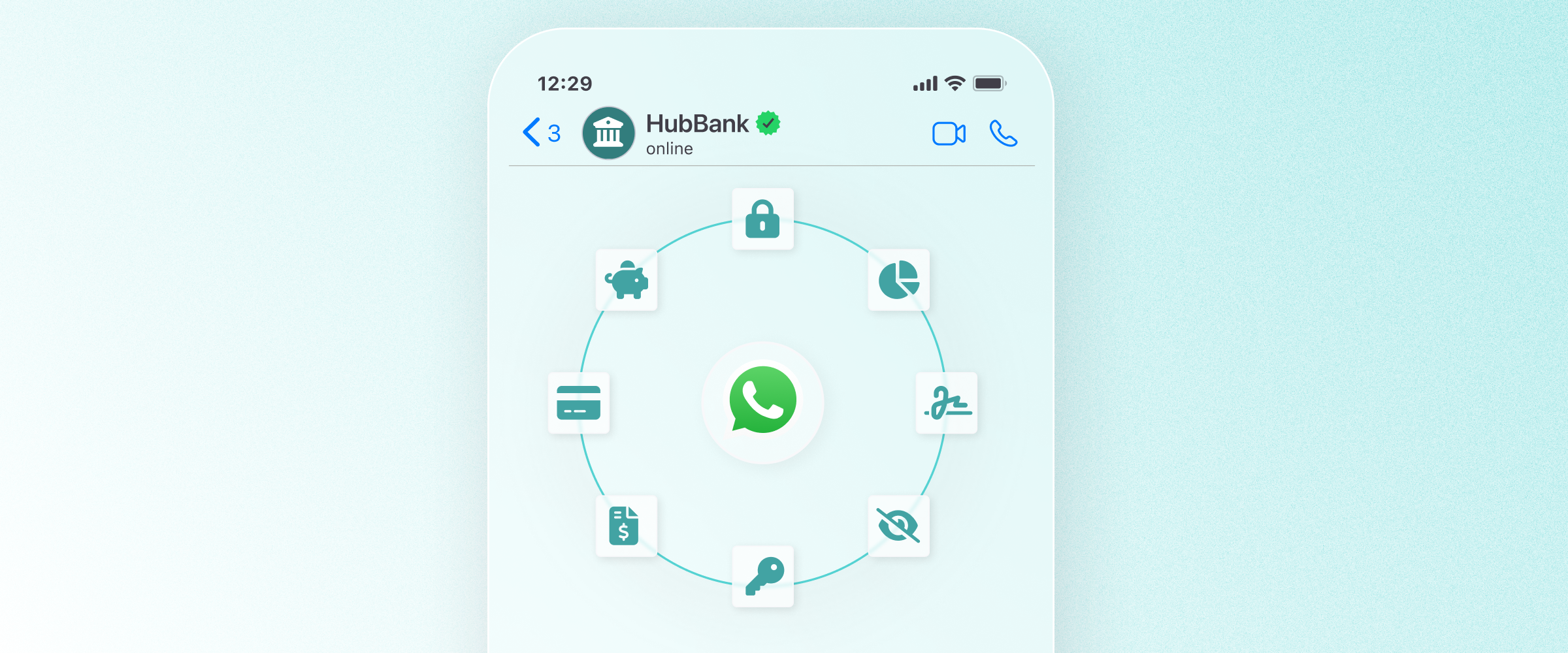

The Catalonia Office of Tourism made the best out of a bad situation. They put the downtime in travel to good use, using it as an opportunity to reshape their tourism operations, bring their expertise online, and help tourists plan their next trip to Catalunya.
The following is an Interview with Pablo Ortega Novillo, Network Promotion Manager at Catalonia Office of Tourism.
Slow travel, fast innovation
Catalonia is used to flocks of tourists visiting their capital and beyond. In 2019, Barcelona welcomed 9.9 million tourists, ranking it as one of the most visited cities in the world. However, the coronavirus pandemic rocked the travel industry, leaving tourism boards wondering what to do next. Catalonia’s regional government was quick to see this lull as an opportunity to build for the future and provide their knowledgeable tourism advisors with digital tools to engage, inform, and inspire visitors to come to Catalonia.
In response to the challenge presented by COVID, the Catalonia Office of Tourism launched its Virtual Tourism Office in August 2020. The idea for creating a digital hub for tourism had been in the works for a while, as younger visitors were not using face-to-face tourism information centers and there was a greater demand for pre-trip information. The pandemic accelerated these plans, turning them into reality.
“I proposed the idea to my Head of Service and the Deputy Director General for Tourism. I had seen it in other offices in other countries and I believed that it was the ideal moment to start it up in Catalonia since our staff was confined at home without being able to work,” explains Pablo Ortega Novillo, Network Promotion Manager at Catalonia’s Tourism Office.
The digital tourism office exists within the catalunya.com website with a library of resources including a web messaging chat. The chat was vital to the success of the operation; it was made in partnership with Hubtype with the goal of filtering requests and directing interested parties to the correct agent.
The Virtual Tourism Office’s (VTO), launched the project with two key objectives:
- Transfer the quality service of our face-to-face offices to the digital field.
- Continue to provide service despite the pandemic.
Thinking post-covid: Preparing for tourism
As tourism professionals with years of experience, the Catalonia Office of Tourism knew that there was still demand for their services despite travel restrictions. Many people were planning post-lockdown vacations, eager to step back out into the world and reclaim the things they missed in lockdown. As such, the Office of Tourism was anticipating a large volume of trips as the anti-COVID measures gradually eased.
In preparation for this surge in tourism, the board knew they needed to add more resources for travelers. In addition to common questions about planning trips, they'd need to field a new set of questions related to COVID restrictions. The moment when tourism returned to normal, they also wanted to be better positioned to promote Catalonia as the best possible destination. Among the different elements of the VTO, the webchat was to be a key tool in realizing these goals.
A fast-changing environment needs quick responses
Given the changing situation, customers were looking for more up-to-date responses about COVID -- and a webpage wasn’t cutting it. Instead, the webchat would help the board provide more timely and updated responses to COVID-related questions. The added bonus was that the webchat's infrastructure would be useful long after the pandemic.
“The overall idea was to create a space on the Catalonia tourism website where potential tourists could get answers to their questions about COVID19 and any other request about traveling to Catalonia, but with the intention of it staying forever,” says Mr. Ortega Novillo.
The webchat was launched to support the website, hoping to achieve some of the following objectives:
- Give work to tourism agents who were previously confined without being able to work.
- Reassure potential tourists that Catalonia was a safe destination and transmit that idea through the most trustworthy tourist information center, the online Catalonia Tourism Office.
- Prepare for normal travel again by creating a library of digital publications that could be distributed from the Virtual Tourism Office and also in person at the physical tourism offices.
Why messaging is key for modern tourism
Given that one of the key outcomes was to give tourism agents a tool to contact customers via the web, webchat was clearly the best choice. The floating icon was a non-intrusive way to follow customers through their browsing, prompting them to start a conversation.
Mr. Ortega Novillo explained that Hubtype chat appeared to be the best solution as the chat would help facilitate the initial contact with the tourist, and then help the VTO offer other complementary services, such as digital publications, video calls, and other resources.
This solution was superior to other options, such as a form submit or a mini-site, is simple, easy-to-use, and in real-time. The VTO team wanted to make the conversations as fluid and easy as possible, just like when in a tourism office face-to-face.
The future of tourism support
The Virtual Tourism Office project has been a success and is setting a trend. Not only does it encourage travelers to engage with the most reliable sources of tourist information (those provided by the Catalonia Office of Tourism) but also is adapting to the increasingly digital-first habits of modern-day consumers.
“For the first time, tourist offices do not have to wait for tourists to arrive in our cities in order to receive, assist and inspire them: we can do this work long before they decide to come to our country and we can talk to them through their mobiles when they are sitting comfortably on the sofa at home. This represents a great leap forward for us, at a time when we lose users year after year and young people do not go to tourist offices. Digitization opens new doors for us to adapt to new market trends.”
The benefits were noted quickly and staff adapted
The initial benefit caught on quickly. Staff could use the tool from home during the pandemic, letting them leverage their knowledge, this was welcomed by senior management and staff.
The Virtual Tourism Office developed a basic guide on how to speak with clients via webchat. This manual included standardizing greetings and farewells in different languages and how to deal with inappropriate questions. As the project has evolved the team has added to the manual, creating set solutions for common queries.
The project was such a success that the CatalanTourist Board has proposed incorporating the Virtual Tourism Office into the services on offer for their new Marketplace and Grand Tour de Catalunya websites.
The results and next steps
Using the chat, The Virtual Tourism Office increased the volume of global consultations attended and has greater visibility of the trade of tourist offices. Also, it is setting itself up for better trade in the near future. Younger travelers are more likely to research trips from the comfort of their own living rooms than approach a tourism office. This new setup is adapting to new communication channels for potential visitors and may capture new audiences. The nature of online chats allow a lot more flexibility and gives agents more options when looking to inspire visitors and get them excited about the possibilities of their Catalan adventures.
But the Virtual Tourism Office isn’t stopping there:
“We want to increase the number of video calls. Currently, it is the agent who offers the user the possibility of making a video call. We want the decision to be made by the user from the start, informing them that they can choose between a chat or a video call when it suits them.”
Tourism has faced extremely trying times in the past year, and travelers will have lots of travel options when restrictions are lifted. In launching the Virtual Tourism Office, the Catalonia Office of Tourism has shown they will compete fiercely to remain an attractive, easy-to-research destination as they have done for years.










.jpg)
